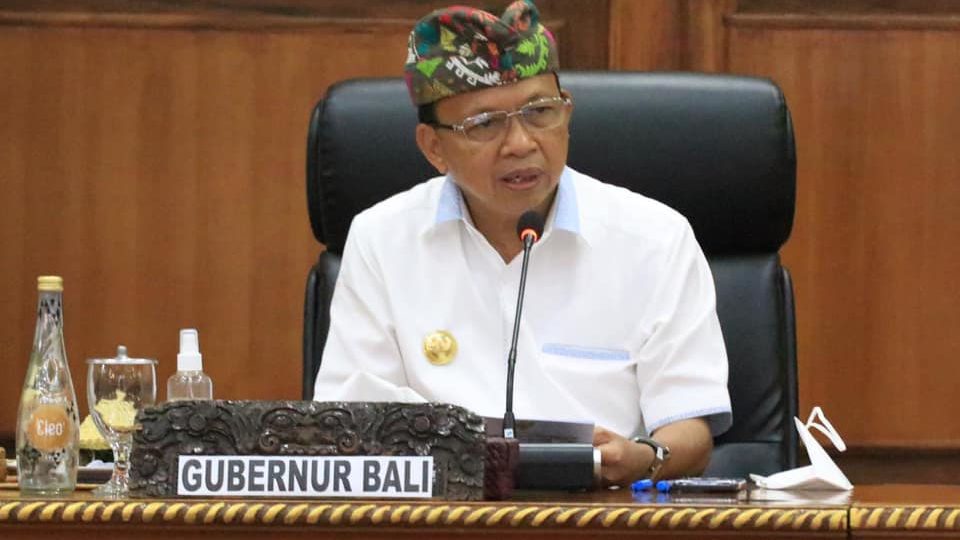Amid growing concerns over Indonesia’s newly revised criminal code (RKUHP) and its potential negative impact on tourism, Bali Governor Wayan Koster has firmly reiterated that the Island of Gods remains “comfortable” and “safe” to be visited.
In a statement received by Coconuts earlier today, Koster said that his administration would not be “checking on marital status upon check-in at any tourism accommodations” such as hotels, villas, guest houses or spas.
In addition, he ensured that there would be no “inspections” or “sweeping” to check on the marital status of tourists by either public officials or community groups.
“[We] guarantee the confidentiality of visitors’ personal data during their stay,” he said, adding, “We look forward [to] welcoming visitors with Balinese hospitality.”
As previously reported, while adultery and extramarital sex is a crime punishable by up to one year in prison under the new criminal code – which does indeed apply to foreigners as well – only immediate family members (spouse, parents, or children) who may be negatively impacted by adultery or sex outside marriage, can report adulterers for the crime.
So the only scenario in which two unmarried tourists could fall afoul of the law is if they brought their families along with them and one of their family members decided to report them to the Indonesian police.
Another slightly more realistic but still improbable scenario would be a foreign tourist hooking up with an Indonesian and their direct family reporting them.
The new criminal code also makes cohabitation a crime punishable by up to six months in prison. But again, only direct family members, who may be negatively impacted by one’s cohabitation, can report the offender for this crime.
News reports of tourists, afraid of being jailed for boinking outside the bounds of marriage, canceling flights and hotel bookings since RKUHP was passed last week were described by Governor Koster as a “hoax”, citing that the data that his administration received from travel agents and tour operators showing otherwise.
“All parties are advised to be wise and not deliver any misleading statements that would stir up the situation regarding the enactment of the Indonesian Criminal Code because it might disrupt Bali tourism,” he said.




